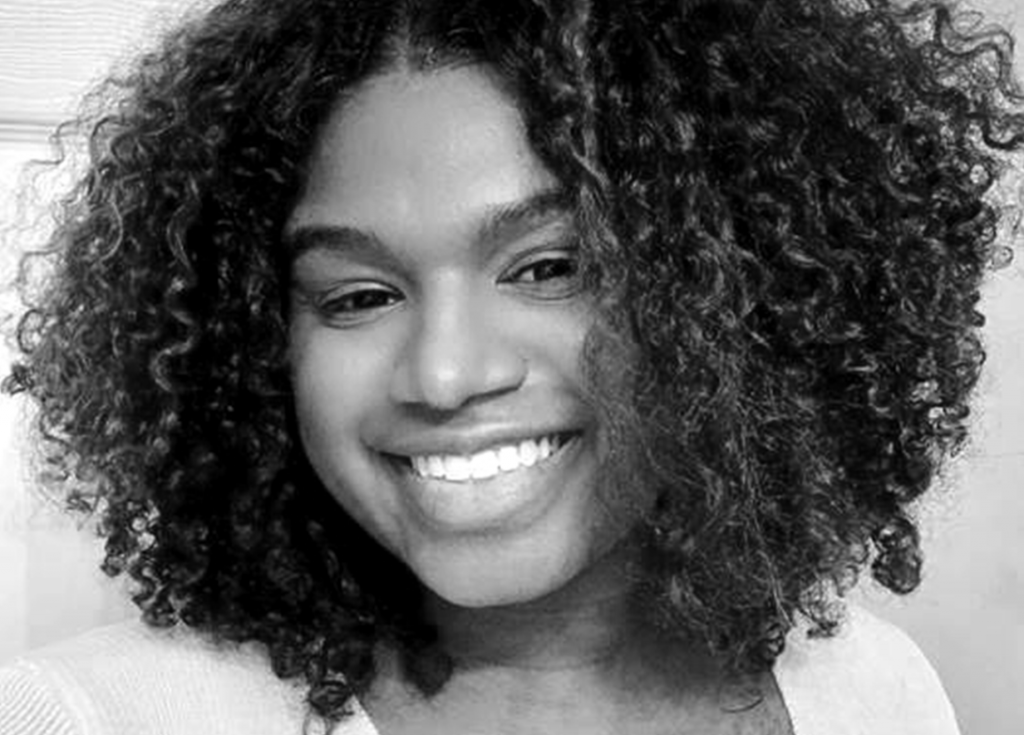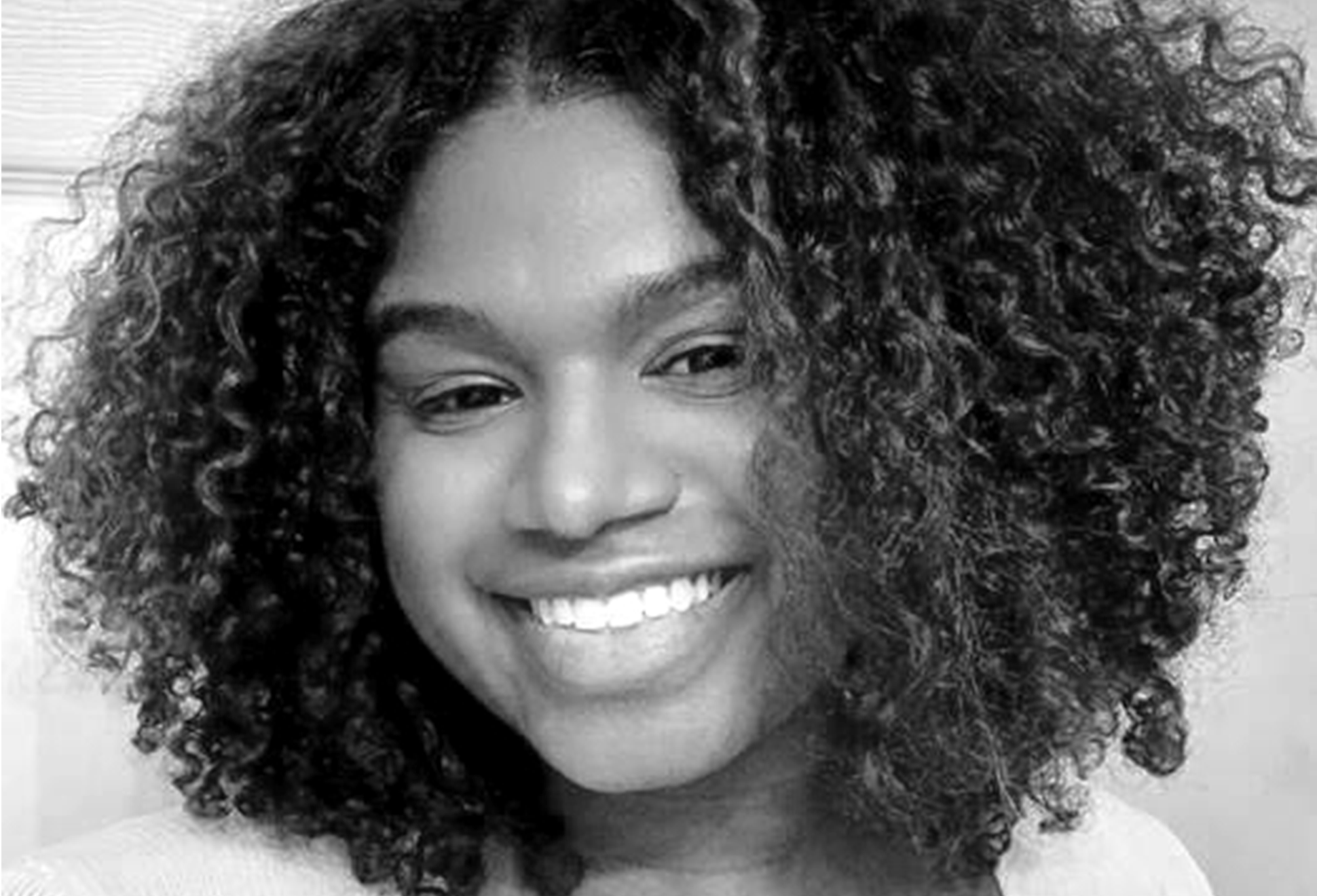Why diversity in the workplace can be the key to authentic multicultural communication
By Carmen Spencer, Associate
Every culture is unique. It has specific characteristics that its members experience in a way that outsiders often can’t – whether it’s through food, clothes, music, unique dances or vernaculars. These things are a special part of the people to whom they belong – and black culture is no different. When a culture is copied, referenced or used in an inauthentic way, it cheapens the beauty and richness the original holds. This is why it’s important to understand the difference between appreciating a culture vs. appropriating one.
“Cultural Appropriation is like taking a test and getting an ‘A.’ And then someone else copies off your test and gets an “A” plus extra credit.” – Franchesca Ramsey, Comedian & YouTube Personality
Cultural appropriation is defined as the unacknowledged or inappropriate adoption of the customs, practices or ideas of one people or society by members of another, typically more dominant, group. In a digital age, where the Internet and social media allow us to connect globally and give us a peek into cultures we might otherwise be unable to interact with, the line is often blurred as to what’s “OK” to imitate and what’s not. As communicators, it’s crucial to understand that line between appropriation and appreciation and walk it accordingly when creating content for diverse audiences.
One of the things I love most about being black is our culture. So many of its aspects and traditions influenced the way I was raised and how I navigate the world today. However, there’s nothing more frustrating than scrolling through Twitter and seeing a brand try to co-opt slang that’s unique to black people in an effort to promote itself and its products, especially when it’s not being used in the right context. Or when I see an ad campaign using an image or phrase that, when paired with the black people featured in it, have racial implications that are still sensitive subjects for us today. It’s not that these situations are intentionally offensive, but it always raises the question: how could they get it so wrong? I believe a large part of the answer is often a lack of diversity on the team.
Diversity in the workplace is critical to our success because it simply makes teams – and their work – better. In public relations, it helps us think more inclusively when we create strategies, craft narratives and develop content. When diverse perspectives are present in the room, there’s a greater chance at catching those cultural blind spots that are so often overlooked. Our audiences are more global than ever, and we have to be able to authentically connect with them in a way that’s relatable, yet respectful. So, let’s make an effort to invite different perspectives to the table, whether it’s by ethnicity, gender, sexuality, ability or age, and give the people with diverse perspectives an opportunity to make us all better.
For fun, here are some of my favorite examples of authentic #diversitywins:
Rihanna’s makeup brand features 50 (yes, FIFTY) foundation shades that cater to almost every complexion shade you could think of, making it one of the most inclusive makeup brands on the market. True to its creator, the brand’s voice feels like Rihanna and her fans, with products named “flyliner longwear liquid eyeliner” in the shade “Cuz I’m Black” (personal fav). Reading Fenty Beauty’s social posts and product names feels like you’re talking directly to Rihanna, or at the very least a cool cousin, and it resonates with fans and customers alike.
In honor of Black History Month, Spotify created the “Black History is Happening Now” initiative that includes an online content hub where artists, creative producers and organizations working with the black community have a designated space for curated playlists, podcasts and videos. According to Jackie Jantos, Spotify’s VP of brand and creative, the idea for the initiative grew out of Spotify’s employee resource group for people of color and saw an opportunity for storytelling directly connected to black history. Music from the hub can be found on Spotify here.
Google’s most recent ad for Black History Month honors influential black figures past and present, highlighting their influence on both black and American cultures. Google’s team used aggregate Search trends data from 2004 (when it was first made available) to 2019 to identify black icons, events and movements that were the most searched within a specific category or field in the U.S. While the ad has received enormous praise from viewers, and personally inspired me, it’s been noted that the diversity in Google’s employees – especially for black people – could be greatly improved. It’s an important reminder that even in the creation of authentic and inspirational content that honors a culture, there’s still work to be done moving forward.

